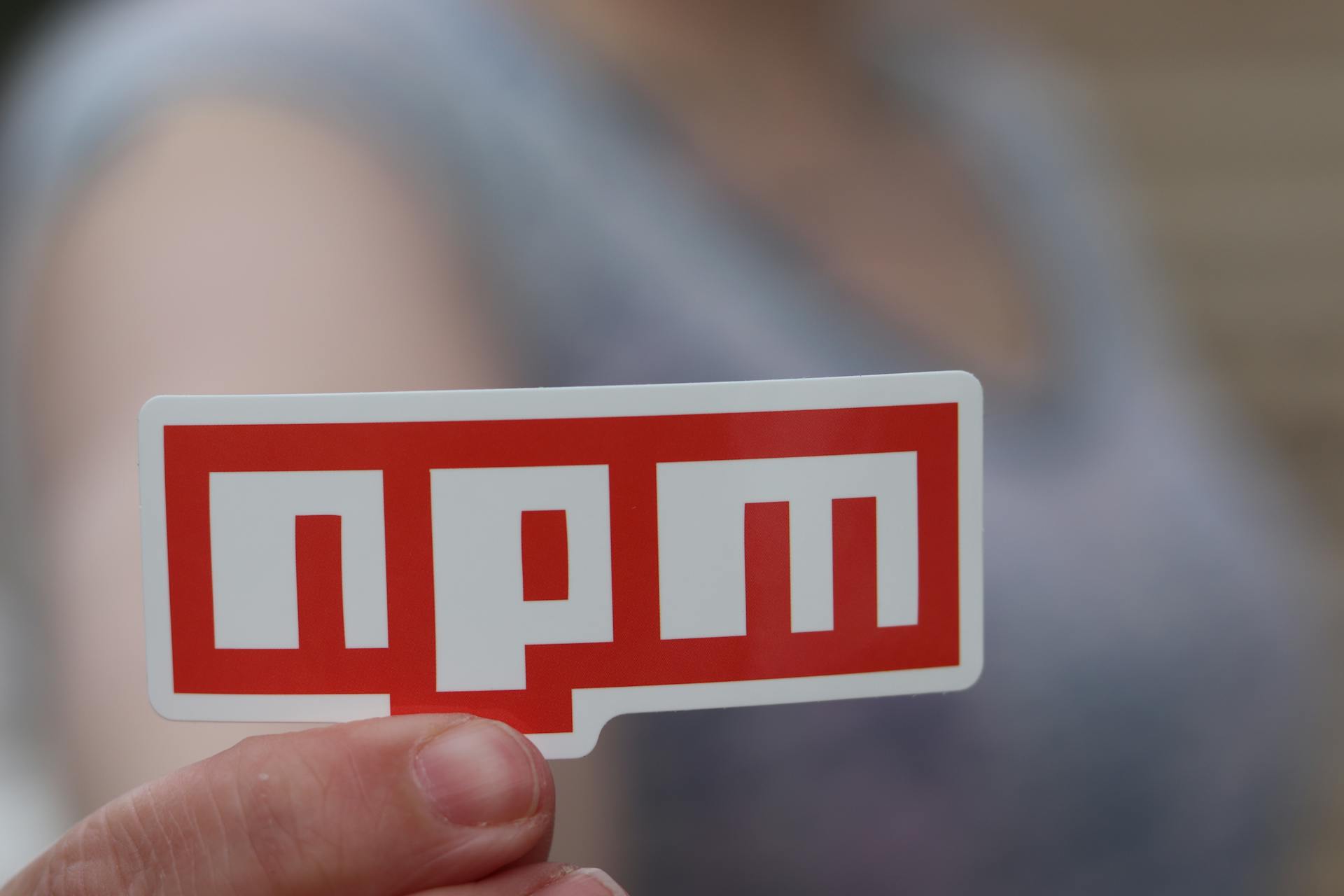In a concerning turn for the Ethereum developer community, a sophisticated supply chain attack has compromised the Hardhat development environment, maintained by the Nomic Foundation. This breach, explained by Socket, leverages malicious npm packages, has exposed sensitive data, including private keys and mnemonics, and highlighted critical vulnerabilities in the open-source ecosystem.
The Attack in Detail
The attack exploits trust in the npm ecosystem, a cornerstone for JavaScript developers managing dependencies. Malicious actors have uploaded 20 counterfeit packages, meticulously crafted to impersonate legitimate Hardhat plugins. These packages employ typosquatting tactics, mimicking authentic plugin names and functionalities to deceive users. Examples include malicious variants like @nomisfoundation/hardhat-configure, designed to resemble genuine plugins such as @nomiclabs/hardhat-ethers.
Once installed, the counterfeit packages infiltrate the Hardhat runtime environment, executing functions such as hreInit() and hreConfig() to harvest sensitive data. The stolen information, encrypted with a hardcoded AES key, is then transmitted to attacker-controlled servers via Ethereum smart contracts, showcasing an innovative approach to maintaining control over compromised systems.
Key Findings
- Malicious Packages: Notable examples include
@nomicsfoundation/sdk-testand hardhat-deploy-others. Together, they account for over 1,000 downloads, underscoring the scale of the threat. - Impersonation Strategy: Attackers employed naming conventions and integration points similar to legitimate plugins, exploiting developer trust.
- Use of Ethereum Smart Contracts: Smart contracts like the one at address
0xa1b40044EBc2794f207D45143Bd82a1B86156c6bfacilitated dynamic retrieval of command-and-control (C2) server addresses, leveraging the blockchain’s decentralized nature for resilience.
Impacts and Risks
The implications are severe. Exfiltrated private keys and mnemonics jeopardize wallet security, enabling unauthorized transactions. Moreover, the potential for compromised production systems raises the risk of malicious dApp deployment and broader-scale attacks. Hardhat configuration files, containing API keys and development network details, further escalate the threat, creating opportunities for phishing and other targeted attacks.
Security Recommendations
To mitigate such risks, developers are advised to:
- Verify Package Authenticity: Scrutinize plugin sources and avoid reliance on unfamiliar packages.
- Adopt Secure Practices: Store private keys in secure vaults and avoid hardcoding sensitive information.
- Limit Dependencies: Use minimal, well-vetted packages and lock specific versions to reduce exposure.
- Employ Advanced Tools: Use tools like Socket’s AI-powered threat detection to identify and block malicious packages.
Conclusion
This incident underscores the vulnerability of open-source ecosystems and the urgent need for heightened vigilance. By adopting robust security practices and leveraging advanced detection tools, the developer community can fortify itself against such sophisticated supply chain threats.




